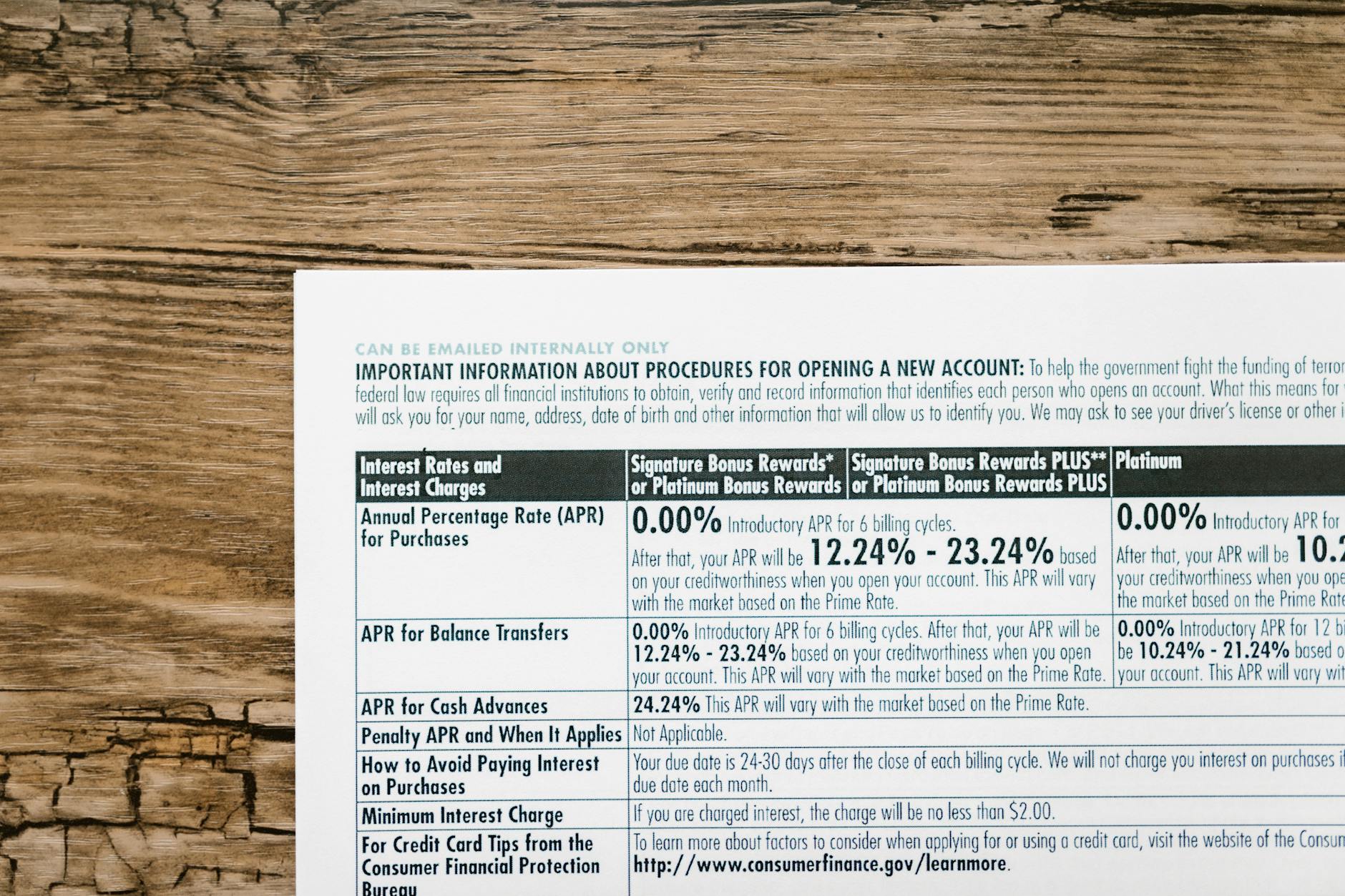Short term health insurance offers a flexible coverage solution for individuals who need temporary medical insurance, whether due to job transitions, waiting for permanent coverage, or other life changes. As healthcare costs continue to rise, understanding the benefits and eligibility requirements for short term health insurance becomes increasingly critical. This type of coverage can provide peace of mind, but potential enrollees must also navigate common misconceptions and important considerations before making a decision. Let’s explore the essentials of short term health insurance to help you make an informed choice.
What is Short Term Health Insurance?
Short term health insurance provides temporary coverage for individuals who need health benefits for a limited duration. This type of insurance typically serves as a bridge for those who find themselves between longer-term health plans. Here are the key features of short term health insurance:
- Duration: Coverage can last from a few months up to a year, making it a flexible option for short-term needs.
- Affordability: Generally, short term health insurance plans have lower premiums compared to traditional health insurance, making them a budget-friendly alternative.
- Limited Benefits: Unlike comprehensive health insurance, short term plans often provide limited benefits and may not cover pre-existing conditions.
- Fast Enrollment: The application process is usually straightforward, enabling quick access to coverage when immediate health needs arise.
In summary, short term health insurance can be an effective solution for people navigating transitions in their healthcare situation, whether due to job changes, moving, or other life events.

Photo by RDNE Stock project
Benefits of Short Term Health Insurance
Short term health insurance offers several advantages for individuals seeking temporary coverage. Here are some key benefits:
-
Affordable Premiums: Short term health insurance plans typically come with lower premiums compared to traditional health insurance. This makes them an economical choice for those who need coverage for a short duration.
-
Flexibility: These plans provide flexibility in terms of coverage duration. You can choose policies that last from a month up to 12 months, allowing you to stay covered during transitions, such as job changes.
-
Quicker Enrollment: The application process for short term health insurance is relatively fast and straightforward, often requiring minimal underwriting. You can get coverage quickly, which is ideal in emergencies.
-
Immediate Coverage: Many short term health insurance plans offer immediate coverage, ensuring you are protected from day one.
-
Customizable Options: Some plans allow you to tailor your coverage levels, including choosing specific deductibles and co-pays to fit your budget and healthcare needs.
Overall, short term health insurance is a viable option for those needing temporary health coverage without long-term commitment.
Eligibility Requirements for Short Term Health Insurance
When considering short term health insurance, it’s crucial to understand the eligibility requirements. Most plans have specific criteria that applicants must meet before enrollment. Here’s a breakdown:
-
Age: Typically, you must be at least 18 years old to apply for a short term health insurance plan. Some providers might allow coverage for dependent children.
-
Residency: Applicants must be legal residents of the state in which they seek coverage. Each state may have different regulations regarding short term health insurance.
-
Health Status: While many plans don’t require medical exams, insurers usually assess your health history. Pre-existing conditions may affect your eligibility or result in higher premiums.
-
Duration of Coverage: Short term plans often require a commitment to a specific duration, usually ranging from 30 days to 364 days. You must indicate how long you intend to enroll.
-
No Continuous Coverage: Generally, you cannot have continuous comprehensive health coverage (e.g., employer-sponsored plans) when applying for short term coverage.
By understanding these eligibility requirements, you can make an informed decision regarding your choice of short term health insurance.
How to Choose the Right Short Term Health Insurance Plan
Choosing the right short term health insurance plan can seem overwhelming, yet several key factors can guide you toward the best fit for your needs:
- Assess Your Needs: Determine what coverage is essential for you. Do you require emergency care, or do routine doctor visits also concern you?
-
Compare Plans: Evaluate different short term health insurance plans based on:
- Premium costs
- Deductibles
- Co-payments & co-insurance
- Coverage limits
| Plan Features | Plan A | Plan B |
|---|---|---|
| Monthly Premium | $150 | $120 |
| Deductible | $5,000 | $3,000 |
| Coverage Limit | $500,000 | $1,000,000 |
| Prescription Benefits | Yes | No |
- Understand Exclusions: Carefully read through policy exclusions and limitations to avoid surprises.
- Plan Duration: Ensure that the plan duration aligns with your immediate healthcare needs, whether it’s a few months or up to a year.
Ultimately, the right short term health insurance plan fits your healthcare needs and financial situation while providing peace of mind.

Photo by RDNE Stock project
Common Misconceptions about Short Term Health Insurance
Many people hold misconceptions about short term health insurance that can lead to confusion and potentially costly decisions. Here are some of the most common myths:
-
Limited Coverage: Some believe that short term health insurance offers minimal benefits. In reality, many plans provide substantial coverage, including doctor visits, preventive care, and emergency services.
-
Not Worth It: Many underestimate the value of short term health insurance. It can be a beneficial solution for those in transition—between jobs or waiting for long-term coverage. The financial protection it offers can be crucial.
-
Ineligible for Other Plans: There’s a misconception that enrolling in short term health insurance makes you ineligible for ACA (Affordable Care Act) compliant plans. While the short term coverage satisfies gaps, you can still apply for comprehensive options during open enrollment periods.
-
Universal Disqualification for Pre-existing Conditions: Although short term health insurance typically doesn’t cover pre-existing conditions, this doesn’t mean that all health issues disqualify you entirely. Certain plans may offer options depending on the situation.
Understanding these misconceptions helps you make an informed decision when considering short term health insurance.
Important Considerations Before Enrolling in Short Term Health Insurance
Before enrolling in a short term health insurance plan, it’s crucial to weigh several important factors to ensure you make an informed decision. Here are the key considerations:
-
Coverage Limitations: Short term health insurance often does not cover pre-existing conditions or certain essential health benefits. Review the plan’s details thoroughly.
-
Duration of Coverage: Typically, these plans last from a few months to a year. Confirm that the coverage period aligns with your needs.
-
Cost vs. Value: Examine the premium costs alongside deductibles and out-of-pocket expenses. While short term health insurance can be affordable, make sure you understand what each plan offers.
-
Network Providers: Check if your preferred doctors and hospitals are included in the plan’s network to avoid unexpected expenses.
-
Enrollment Periods: Some short term plans may require you to enroll during specific times. Be aware of these deadlines to avoid gaps in coverage.
By considering these factors, you can better navigate the world of short term health insurance and select a plan that suits your situation.
